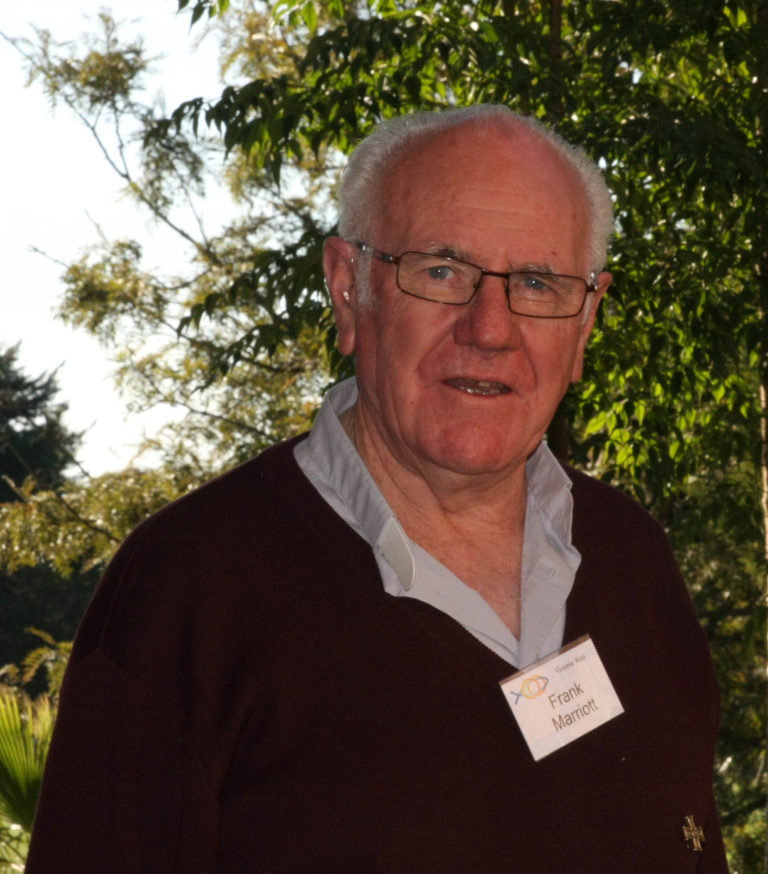“Words, words, words”.
You may remember this line spoken by Henry Higgins in the musical. “My Fair Lady”.
“Let-out weekend” for Melbourne based Victorians comes with a war of words…“vaccinated and unvaccinated” and accompanied by another war of words, “boundary and boundary”.
The conversation, at times, is more like a prelude to a fight than dialogue; it makes today’s Gospel very relevant. Glasgow 21 adds fuel internationally and to mention Plenary Council, in some quarters, is downright incendiary!
Keep in mind our journey with Jesus in our weekly readings; Jerusalem. These past weeks, the incidents have been full of words; not seeking to learn, but to catch Jesus out, to test him, and to gain a reason to get rid of him.
For example, remember…
Master let me see again…they scolded him.
Allow us to sit one on the right…they began to feel indignant.
What must I do to inherit eternal life…his face fell at these words.
Is it against the Law…they were testing him.
There were other sections read in which the conflict is most evident.
Then we come to the encounter described today.
The question is one that still emerges in today’s world, not on everyone’s lips but on many. It is the great question… this time the Scribe acts alone and seemingly with respect and courtesy, what must I do to inherit eternal life?
On many occasions in recent years since Pope Francis first announced the importance of synodality, he has talked more about the process than the answers. He has asked the world to enter into respectful dialogue, to listen to one another…attentively and seriously. He has asked that we chat with a listening ear. Don’t come to ram your opinion down the throat of everyone, or to dismiss their opinions out of hand. But to learn.
Today’s Gospel reminds us that Jesus was able to say to the Scribe, “You are not far from the Kingdom of God”, which must have given him great solace. That, after all, was his mission; to announce the “gift of the Kingdom”.
Words can provide intense reaction, respectful dialogue honours difference.
That attitude, in turn, can lead to new beginnings.
It is wonderful to love God whom we cannot see easily with our human eyes. But that ‘love’ word must lead to action and enable us to love the neighbour that we can see.
Mons Frank



